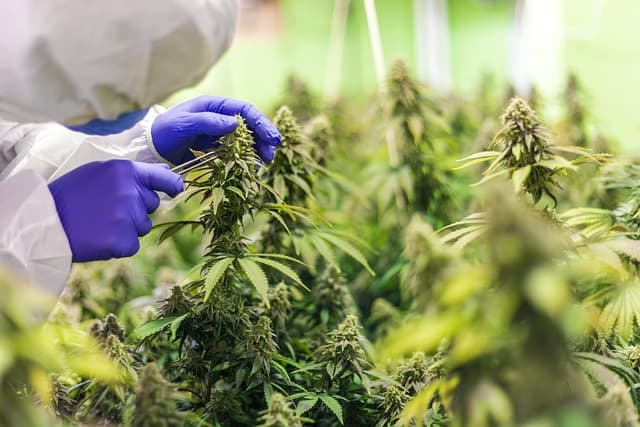Epilepsy, a neurological disorder characterized by frequent seizures that affects more than 50 million people worldwide, according to the World Health Organization. Treating epilepsy can be challenging, as many patients do not fully respond to traditional medications. In recent years, there has been growing interest in the potential of cannabis, especially cannabidiol. (CBD), one of the main cannabinoids for the treatment of epilepsy. This article presents a comprehensive analysis of current research on this topic.
Understanding epilepsy and the endocannabinoid system
Epilepsy is a condition characterized by recurrent seizures resulting from overexcitation of the brain. These seizures vary in severity from barely noticeable to severe, resulting in physical disability. Although antiepileptic drugs are available, they do not help all patients, and many experience serious side effects.
Endocannabinoid bodies The system with which cannabis interacts is thought to play a role in the regulation of neurological functions, including seizure activity. It is because of this interaction that cannabis is being investigated as a potential treatment for epilepsy.
Cannabis and epilepsy
The two most common cannabinoids in cannabis are THC and CBD. While THC is psychoactive and can cause the “high” associated with marijuana use, CBD does not have the same effect. Interestingly, it is CBD that is most associated with potential benefits in epilepsy.
CBD is thought to act by affecting the endocannabinoid system and other areas of the brain, reducing the hyperexcitability that leads to seizures. However, understanding the exact mechanisms is an ongoing area of research.
Scientific research and evidence
In recent years, several studies have investigated the use of CBD to treat epilepsy and have yielded promising results. For example, in 2018, the U.S. Food and Drug Administration (FDA) approved Epidiolex, a prescription CBD product, for the treatment of two severe forms of epilepsy: Lennox-Gastaud syndrome and Dravet syndrome in patients aged two years and older. This decision was based on compelling data from several clinical trials showing that CBD can significantly reduce seizure frequency in these conditions.
A review published in the Journal of Epilepsy Research in 2020 found that CBD is a safe and effective treatment option for reducing seizures in people with treatment-resistant epilepsy. Another 2020 study in the Journal of Epilepsy and Behavior concluded that CBD can improve quality of life and sleep in people with epilepsy.
However, these studies also emphasized the need for more research to understand the long-term effects of CBD use and its impact on other aspects of health.
Recommendations for the use of cannabis in epilepsy
While the potential benefits of cannabis, especially CBD, are promising, it is crucial to approach this treatment option with caution. CBD is FDA-approved The Epidiolex product is different from medical marijuana and other CBD products available in pharmacies and online. Its use, dosage, and effects are well researched, while other products may vary in quality and cannabinoid content.
For those considering cannabis or CBD use for epilepsy, it is important to consult a physician. Abruptly starting or stopping cannabis use can affect seizure control, especially when used in combination with other anticonvulsant medications.
Conclusion
The potential of cannabis, especially CBD, in the treatment of epilepsy offers hope to those who have not responded to traditional anticonvulsant medications. The FDA approval of Epidiolex marks an important milestone in recognizing the therapeutic potential of cannabis-derived compounds. However, it is important to remember that while cannabis can be a valuable tool in the treatment of epilepsy, it is not a panacea. The experience of each person with epilepsy is unique and treatment should be tailored to individual needs and monitored by a healthcare professional.
The results of current research highlight the need for further robust, randomized and controlled studies to fully understand the benefits and potential risks of cannabis use in the treatment of epilepsy. These studies will also help determine the optimal dosages, strains and forms of cannabis that are most beneficial for patients with epilepsy.
It is equally important to remember that cannabis can interact with other medications and have side effects. Common side effects reported in studies include fatigue, diarrhea, and changes in appetite or weight. In some cases, cannabis can also increase liver enzyme levels, indicating potential liver damage.
Open communication between patients, families and healthcare providers is paramount when using cannabis for epilepsy. Staying up-to-date on the latest research and advocating for patient needs can help find a treatment approach that effectively controls seizures and maximizes quality of life.


